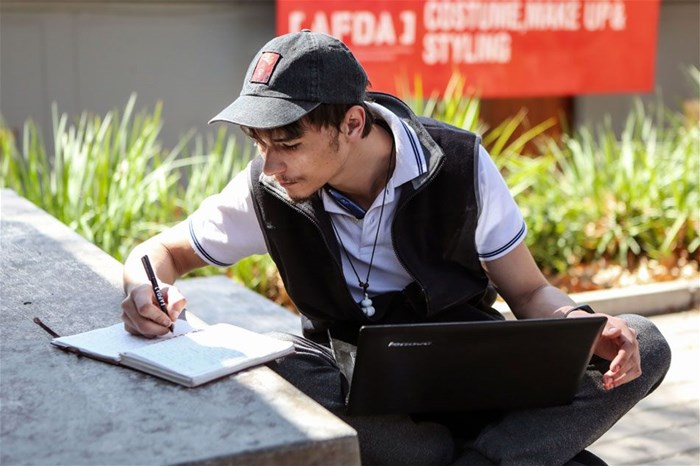How understanding online medium specificity is key for quality tertiary teaching

While this transition has expanded access and flexibility, effectively designing high-quality online learning requires understanding the medium specifics of digital spaces (Chen et al., 2010).
As tertiary teachers, we must align our instructional strategies to how students interact within web-based mediums to motivate engagement and responsibility. The user experience in online spaces like video conferencing and learning management systems (LMS) differs vastly from physical classrooms (Cole et al., 2017). Factors like technology interfaces, communication norms, information overload, and remote accountability measures shape learner behavior and outcomes unlike an in-person context.
Some best practices to leverage online medium specificity:
- Interaction design: Use tools like polls, chat, breakout rooms, and discussion boards that provide easy avenues for peer and instructor interaction. The ability to directly exchange ideas fuels collaborative responsibility (Martin & Bolliger, 2018).
- Multimedia content: Blend reading material with interactive media like videos, simulations, and games that demonstrate concepts through different modalities, speaking to student preferences (Mayer, 2017).
- Structured modules: Chunk coursework into manageable sequential modules with coherent components that piece together broader ideas. This prevents cognitive overload in a hyperlinked information environment.
- Proactive feedback: Build consistent check-ins, monitoring comprehension in real-time. Prompt intervention guidance before issues escalate. This builds accountability remotely (Lowenthal et al., 2017).
In essence, effective online learning requires asking how digital environments shape the tertiary teaching experience. Instead of replicating face-to-face teaching, we must reimagine instruction leveraging the unique affordances and constraints of the web-based medium (Rapanta et al., 2020). This empowers impactful 21st century learning.
Further reading:
Chen, B. et al. (2010). Teaching online: New evidence on what works. The Wired Campus. https://www.insidehighered.com/news/2010/06/21/teaching-online-new-evidence-what-works
Cole, A. W. et al. (2017). Student predisposition to instructor feedback and perceptions of teaching presence predict motivation toward online courses. Online Learning Journal, 21(4), 245-262. https://doi.org/10.24059/olj.v21i4.966
Lowenthal, P. R. et al. (2017). Investigating students’ motivation towards and self-efficacy in online learning. Distance Education in China, 12(2), 102-121.
Martin, F. & Bolliger, D. U. (2018). Engagement matters: Student perceptions on the importance of engagement strategies in the online learning environment. Online Learning, 22(1), 205-222. https://doi.org/10.24059/olj.v22i1.1092
Rapanta, C. et al. (2020). Online university teaching during and after the COVID-19 crisis: Refocusing teacher presence and learning activity. Postdigital Science Education, 1-23. https://doi.org/10.1007/s42438-020-00155-y
About Francois Smit
We sell computers, printers, laptops and most peripherals. We also do installations of networks and troubleshooting and fixing of computers and printers.- Tebogo Motaung wins Leader in Innovation of the Year Award 2024 for Afda14 Feb 12:45
- Celebrating an outstanding multi-award-winning 2024 for Afda students and alumni06 Feb 10:57
- Afda alumni shine on Oscar-nominated film - The Last Ranger27 Jan 15:58
- Afda lecturer Gerard Rudolf wins Ingrid Jonker L'Art Poétique Prize24 Jan 09:57
- Afda 2024 Graduation films selected to travel globally20 Jan 14:10




